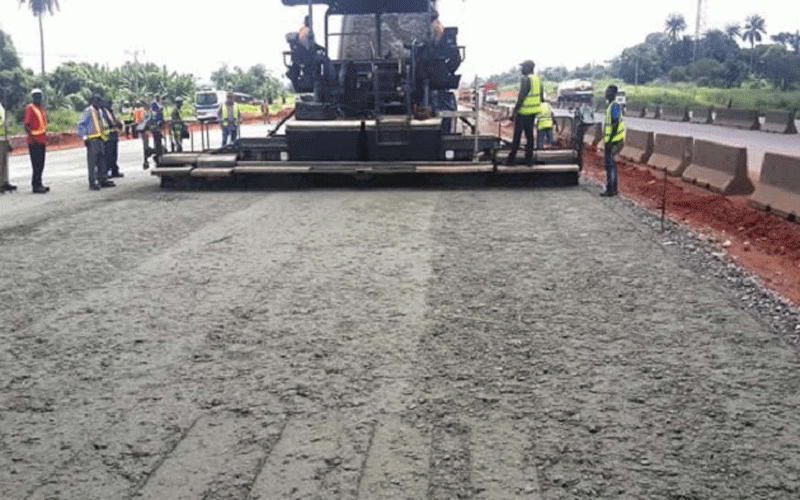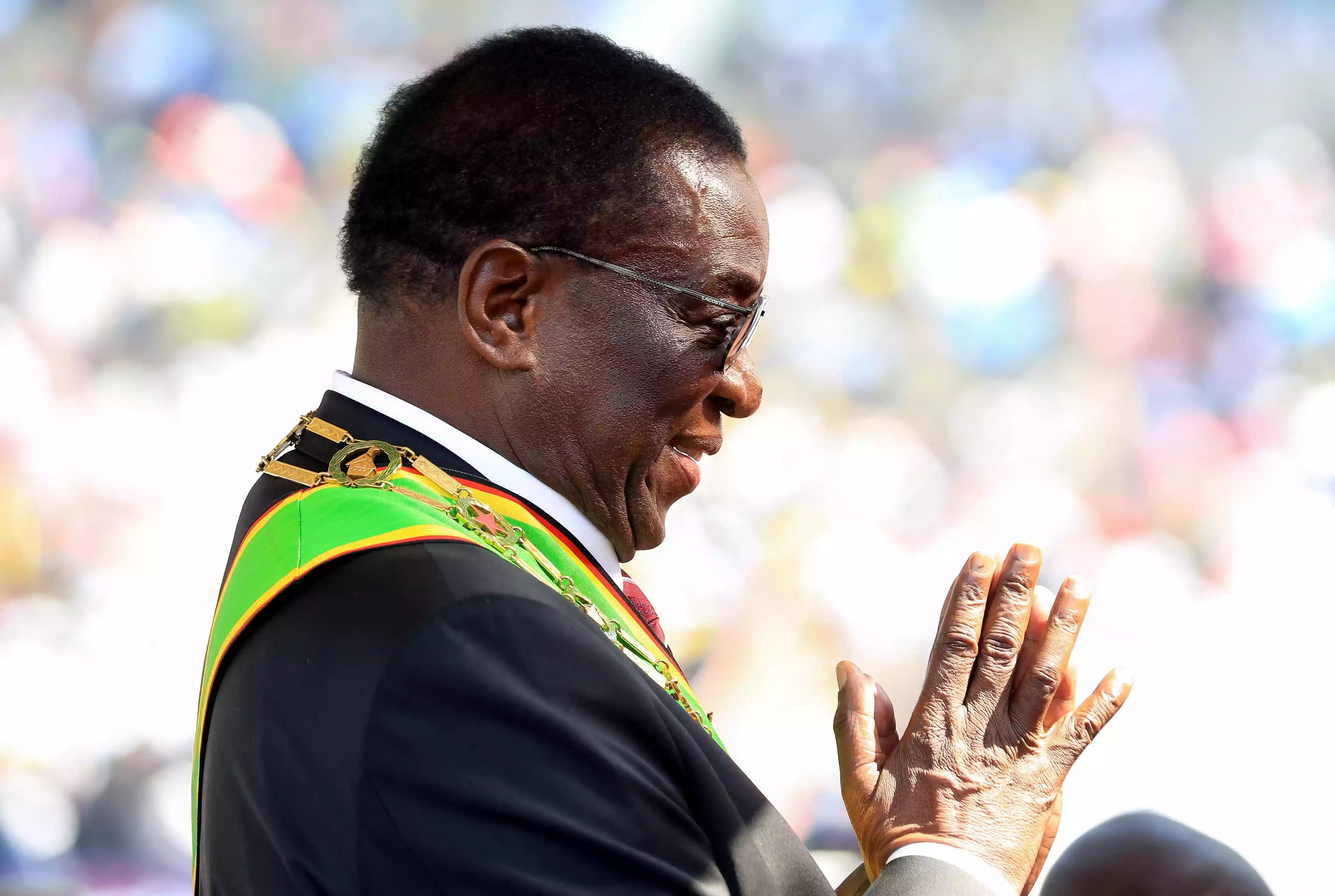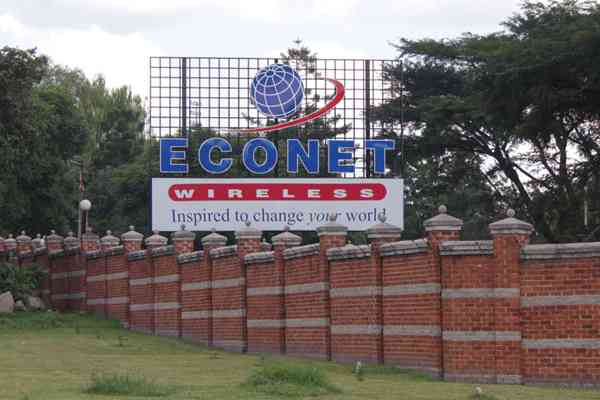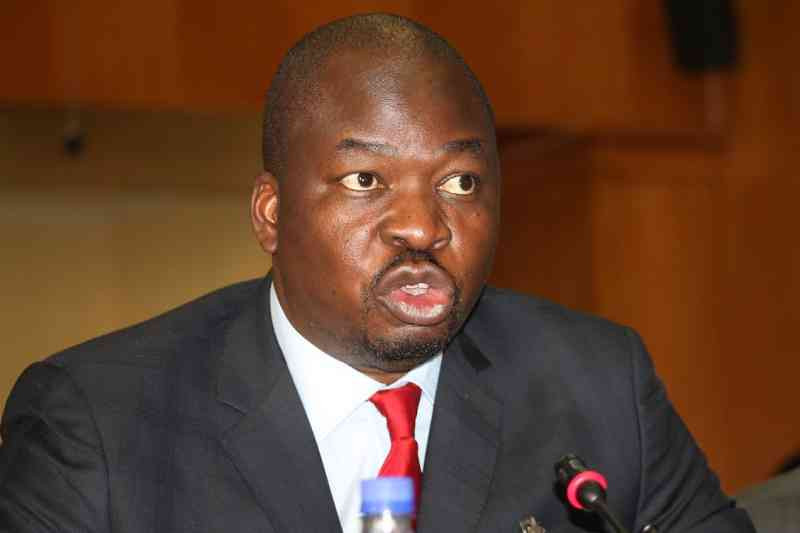
THE recent announcement by Finance, Economic Development and Investment Promotion minister Mthuli Ncube that the sugar levy, introduced early this year, has generated US$18 million in the first quarter of 2024 is a positive development.
Initially set at US$0,002 per gramme of sugar in beverages, the levy was later reduced to US$0,001 in response to industry concerns.
The tax, according to authorities, aims to reduce consumption of sugary drinks and combat non-communicable diseases, which is a commendable goal. Internationally, sugar taxes have proven effective in reducing consumption of sugary drinks.
According to the World Health Organisation (WHO), in January 2014, the government of Mexico added a 1 peso per litre excise tax on non-alcoholic beverages with added sugar.
A study conducted by the Mexican National Institute of Public Health and the University of North Carolina evaluated the first two years of implementation and showed an average reduction of 7,6% in the purchase of taxed sugary drinks during 2014 and 2015.
During that period, the Mexican government raised over US$2,6 billion, with a portion allocated to public health initiatives, such as installing water fountains in schools. This model demonstrates that sugar taxes can be both a public health intervention and a source of vital revenue when implemented effectively. Experts agree that over-consumption of sugar is a major contributor to obesity, diabetes, and tooth decay. There is no doubt that reducing sugary drink consumption can improve public health outcomes, potentially lowering the prevalence of NCDs like diabetes, heart disease, and tooth decay.
Additionally, the revenue from the sugar tax could be channelled into critical healthcare projects, such as funding public health campaigns or upgrading medical equipment. However, in Zimbabwe, concerns about corruption cast doubt on whether this revenue will be used effectively. Will the funds improve healthcare infrastructure, or will they fall victim to mismanagement? This is a valid question, given Zimbabwe's track record of poor governance in handling public funds.
To ensure that the sugar tax achieves its public health goals, the government must prioritise transparency and accountability in the use of these funds. Regular public audits and reports should be mandatory, detailing how the revenue is being allocated and spent.
- Illegal smuggling of US-made weapons from Afghanistan to Pakistan and its trade: a thriving business in Pakistan
- Dynamite comes in small packages in Pastor Chirinda
- Dynamite comes in small packages in Pastor Chirinda
- Budget dampens workers’ hopes
Keep Reading
There should also be a clear focus on healthcare improvements, such as investing in essential medical equipment like cancer machines, upgrading hospitals, and funding public health programmes.
Given Zimbabwe’s high ranking in corruption indices, close monitoring of the sugar tax revenue is essential. The government must take deliberate steps to reassure the public that these funds will not meet the same fate as the Zimbabwe National Roads Administration (Zinara) toll fees, which have reportedly been diverted to non-road-related projects. Effective implementation of the sugar tax requires collaboration between government, healthcare professionals, and industry stakeholders. By prioritising transparency, accountability, and public health, Zimbabwe can harness the benefits of this tax and improve the well-being of its citizens.










